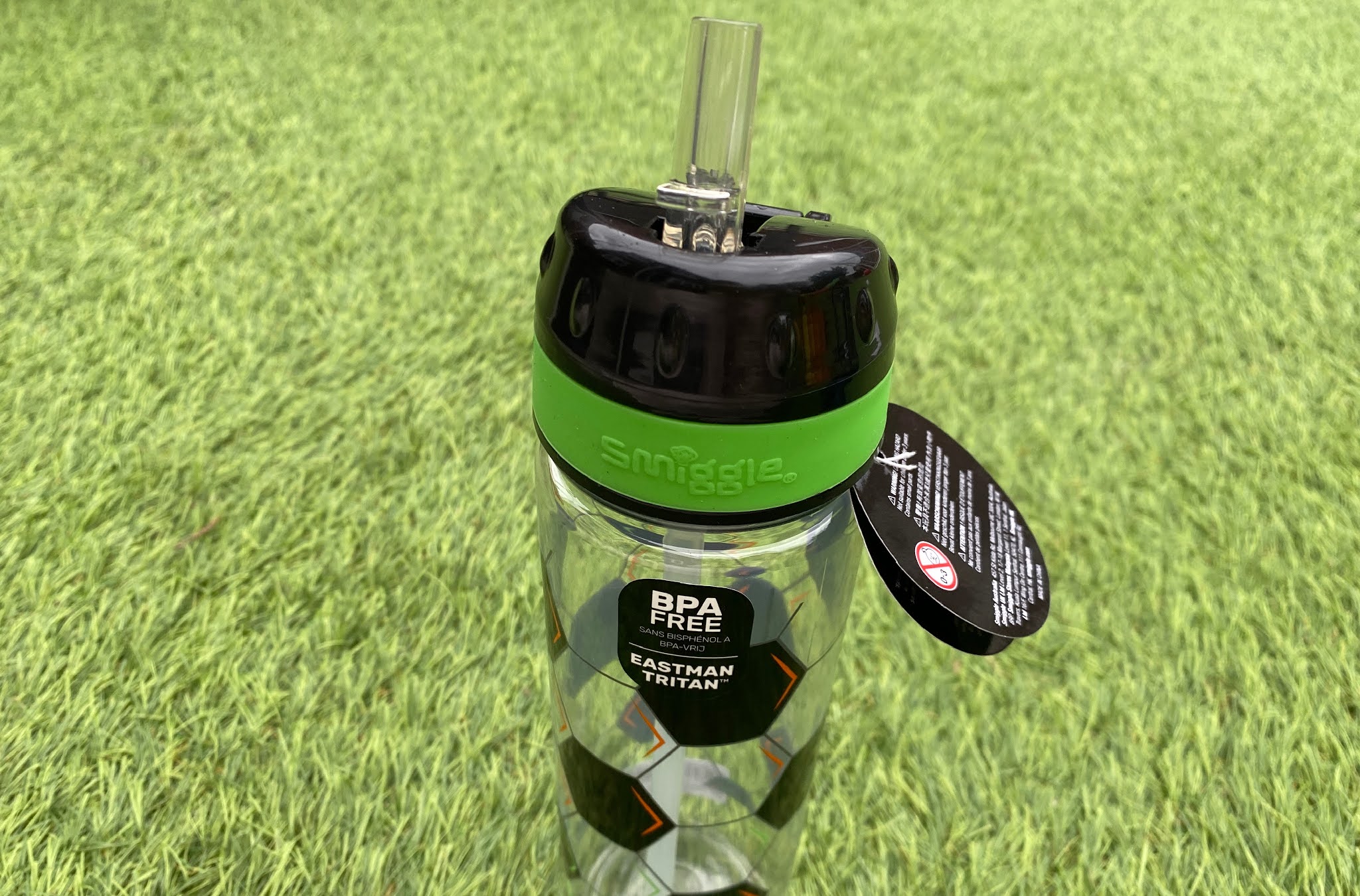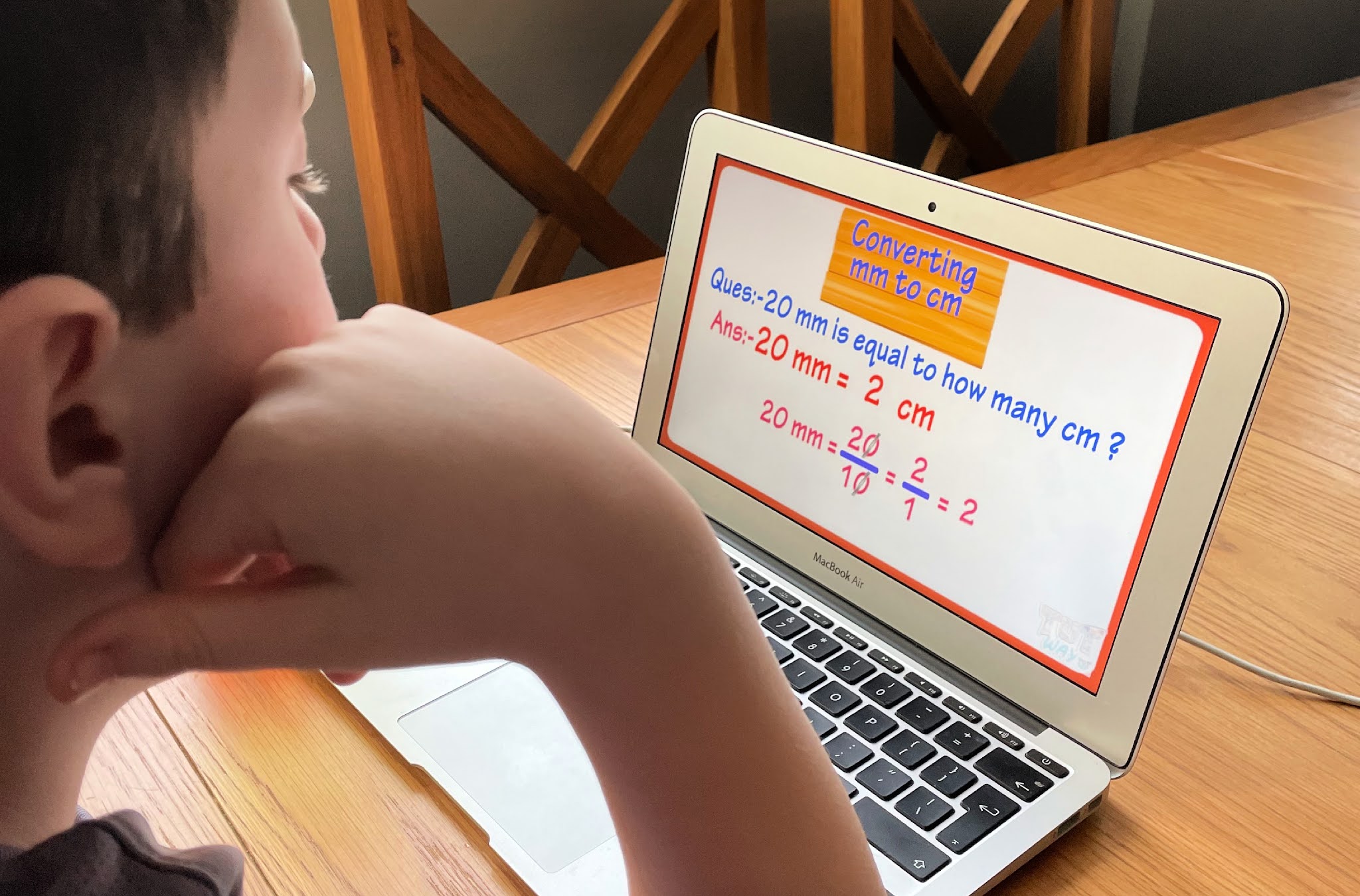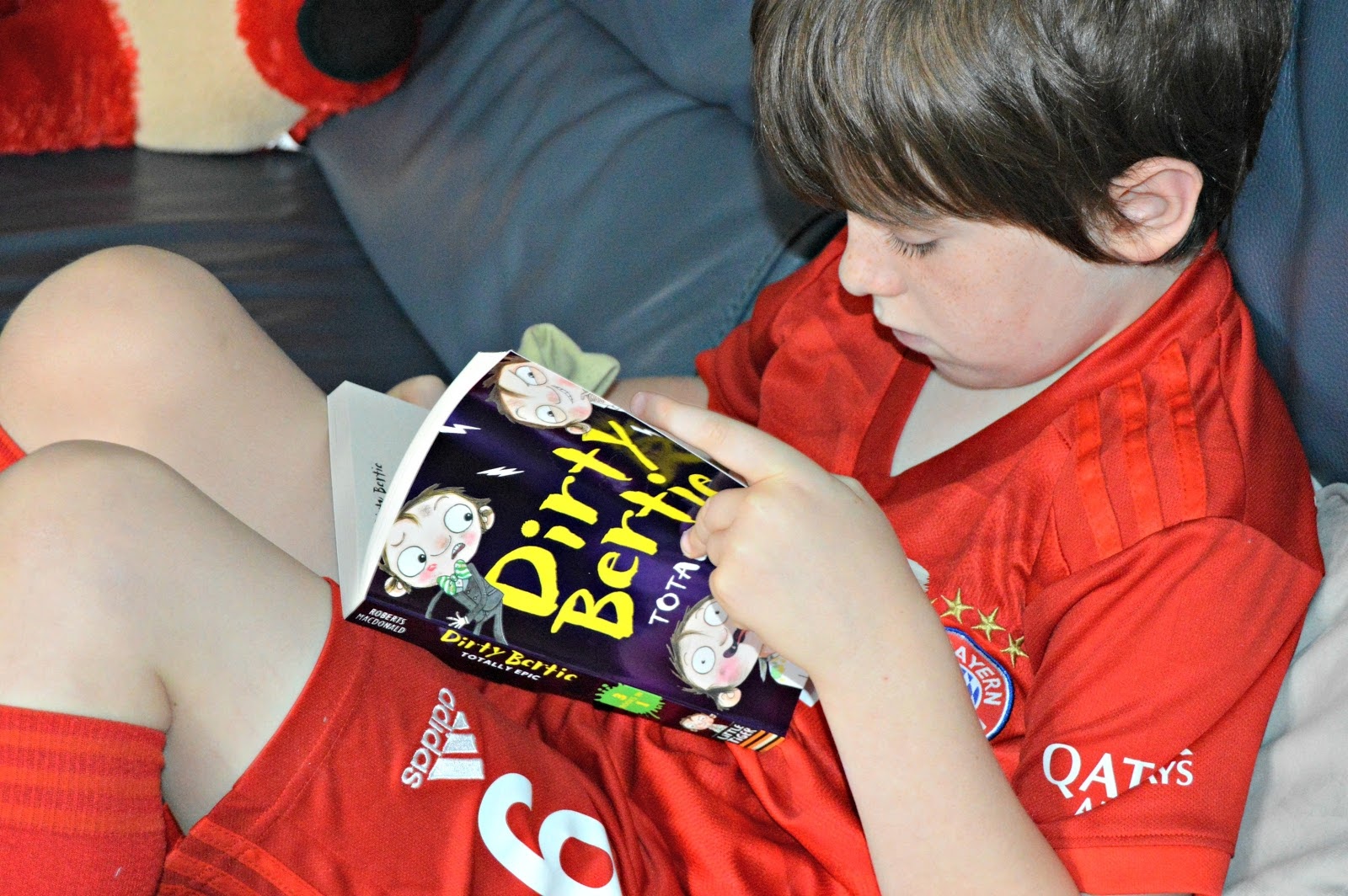Back To School ·
Education ·
review ·
Smiggle ·
Toys and Games
No comments
Back To School With Smiggle
Last Updated August '23
Smiggle is our go to place when little J needs new school essentials, stationary, quirky squashies or fidget toys. Little J will be back at school soon after his Summer break. When he returns he will be wearing his new Winter uniform and this is the perfect time to upgrade his lunch box, water bottle and stationary.
We are lucky we have a Smiggle store in town however we also looked online to purchase little J's back to school essentials. The website is really easy to use with labels and categories to make your browsing experience easier. There is usually a sale section too which is perfect to pick up a bargain.
Little J has a packed lunch for school and he prefers the Smiggle Double Decker lunch bag. If you want a bag with lots of space then I would definitely recommend a double decker. The top can be opened using the zip to reveal a shallow compartment. This is ideal for snacks or even an ice pack if needed. The bottom is spacious and could fit a large lunch in and/or a water bottle.
Little J chose the Gamer double decker lunchbox. The base is designed like a video console controller and has a retro feel to it with the top layer similar to an arcade game.
It's a hand held lunchbox and doesn't come with an over the shoulder strap.
We go through so many water bottles with little J. He either loses them or breaks them but we have always found the Smiggle bottles last the longest. Little J chose the Kick drink bottle which has a flip top spout and a classic football design.
Both the Gamer and Kick design have other items in their ranges including backpacks and pencil cases.
There is a huge range of pencil cases available at Smiggle but little J really liked a pencil case that he has already had in the past which he uses at home so wanted the same for his desk in school. It is the Dino Character Pocket Pencil Case. He likes this case as it has two compartments which he uses to separate his felt tips and pencils. It has dinosaur spike detail and a squishy feel which little J loves.
For store locator, opening times or to browse the back to school selection visit Smiggle.
READ THESE NEXT
- If you enjoyed this post leave us a comment.
- If you have visited any of the attractions mentioned in this post share photos with us on our socials.
- If this post has helped you in anyway you can Buy Us A Virtual Coffee to say thanks.
- If you would like to work with us please visit on Work With Us page for more details
Michelle





























